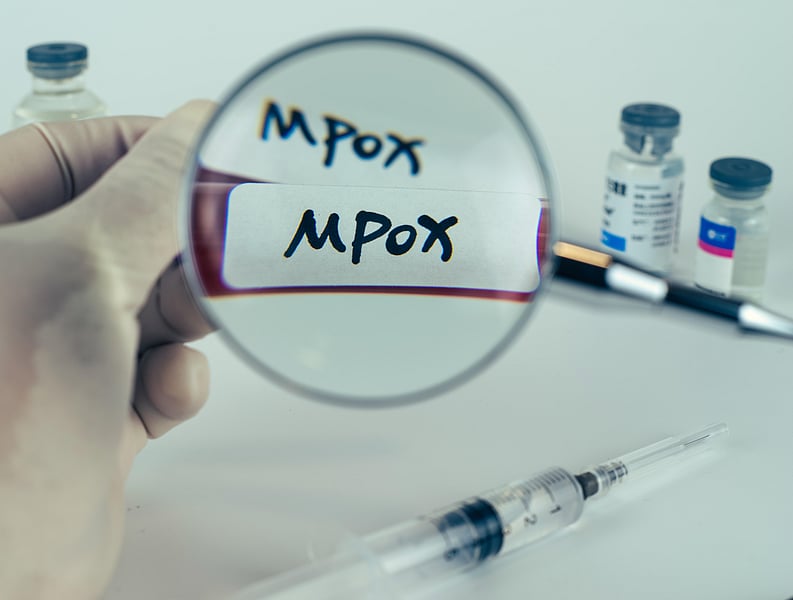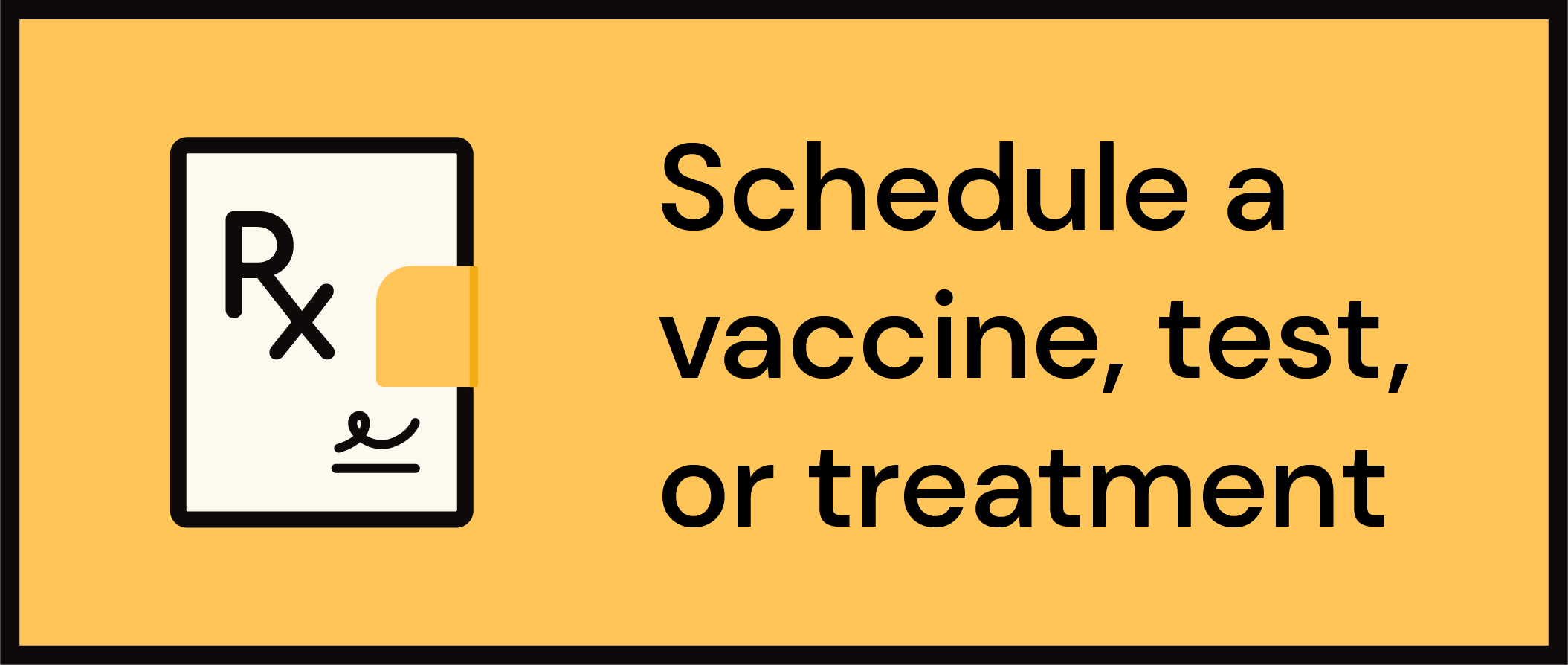Get Healthy!

- Posted April 11, 2023
In Early Days of Outbreak, Access to Mpox Vaccine Varied by Race
In the early days of the mpox virus outbreak in the United States, vaccines got to the states that needed them but distribution was unequal across racial groups, new research reveals.
Black and Hispanic patients had to travel significantly farther for doses than white people, according to researchers at Yale School of Medicine, in New Haven, Conn.
"The correlation between vaccine distribution and cases suggests the public health infrastructure that responded to mpox was responsive and efficient,"said the study's lead author Peter Kahn, a pulmonary and critical care fellow.
"But this rapid response exposed cracks in our health care delivery system; early access was not equal, with Black and Hispanic individuals lacking access,"he added in a Yale news release.
When U.S. health officials declared mpox (formerly known as monkeypox) a public health emergency in August 2022, the national supply of the smallpox/mpox vaccine Jynneos was severely constrained.
At the peak of U.S. cases that month, the seven-day average was 459 cases per day.
"Looking at our vaccine supply versus vaccination need in August 2022, our first question as public health practitioners was how we could distribute the limited vaccines we had most effectively,"Kahn said.
The U.S. Centers for Disease Control and Prevention allocated vaccine doses to states' departments of public health. Kahn said that centralized distribution fueled concerns about equitable distribution.
By Aug. 5, the researchers found, 26 U.S. states and Washington, D.C., had set up 247 vaccination sites. The remaining states were distributing vaccines on a case-by-case basis.
In analyzing initial vaccine distribution rates, the investigators found that the number of doses shipped strongly correlated with the number of mpox cases per state.
In those early days of the emergency, 17% of the population lived within 15 minutes of a vaccination site, they found. About 18% lived 15 to 30 minutes from a site. Another 47% lived more than an hour from their nearest vaccination site.
While almost 47% of white people in the United States lived within 30 minutes of a vaccination site, only about 16% of Black people and 24% of Hispanic people lived so close to a site, the researchers said.
Black and Hispanic people were also more commonly affected by the virus than white people in the United States, according to data.
"These findings suggest there are areas requiring significant improvement in our health care delivery systems,"Kahn said.
In the months that followed, different distribution approaches were tested, Kahn said. Some were very successful.
One example is the Georgia Department of Public Health, which administered more than 4,000 doses of the vaccine at events associated with the Black gay pride festival in Atlanta, with the help of community organizations. The percentage of vaccinated individuals in Georgia who were Black increased by 7 percentage points following the festival, according to data.
"Proactively going out and meeting folks where they are is an effective way to deliver public health. Especially when considering groups who have in the past been marginalized,"Kahn said. "Ensuring equitable access to health care is key."
The seven-day average is now four reported cases of mpox per day or less. However, public health officials think there may be a resurgence.
"With the possibility of future outbreaks of mpox and other preventable illnesses around the corner, vaccines remain a key tool in our public health arsenal,"Kahn said. "Figuring out the best way to reach the greatest number of people equitably and quickly is crucial to delivering these lifesaving vaccines effectively."
The report was published online April 10 in JAMA Network Open.
More information
The U.S. Centers for Disease Control and Prevention has more on mpox and vaccination.
SOURCE: Yale University, news release, April 10, 2023








